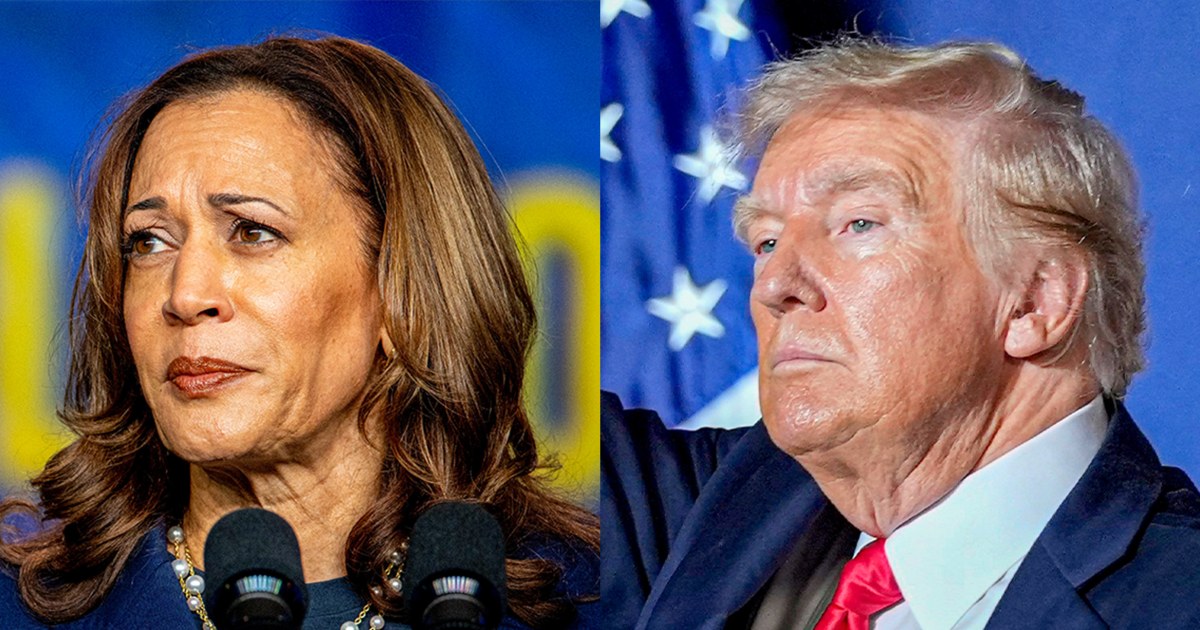After Donald Trump told journalists on Wednesday that his presidential opponent Kamala Harris “turned Black” for political gain, Trump’s comments have impacted the way many multirace voters are thinking about the two candidates.
“She was only promoting Indian heritage,” the former president said during an interview at the National Association of Black Journalists convention last week. “I didn’t know she was Black until a number of years ago, when she happened to turn Black, and now she wants to be known as Black.”
“Is she Indian or is she Black?” he asked.
She’s both.
Harris, whose mother was Indian and her father is Jamaican, would make history if she is elected president. She would be both the first female president and the first Asian American president.
Multiracial American voters say they have heard similar derogatory remarks about their identities their whole lives. Some identify with Harris’ politics more than others but, overall, they told NBC News that Trump’s comments will not go unnoticed.



“Where are you from” should never mean ethnicity, but only where that person has lived. “What is your ancestry/ethnicity” should be specified if that’s what you’re asking about. No white person with an American accent would think anything of being asked where they’re from and will respond with where they’ve lived.
I know, I agree. I am speaking to the experience of people who get asked that question with a follow up of but where are you really from or some alternative. I mean, it’s totally innocuous and innocent question, but sometimes people use it in a weird way even if they don’t mean a bad thing by it. Because of our history of racism with each other (I mean humans), people are naturally sensitive about race. Things don’t exist in a vacuum
This persons story: https://hbr.org/2020/10/whats-wrong-with-asking-where-are-you-from